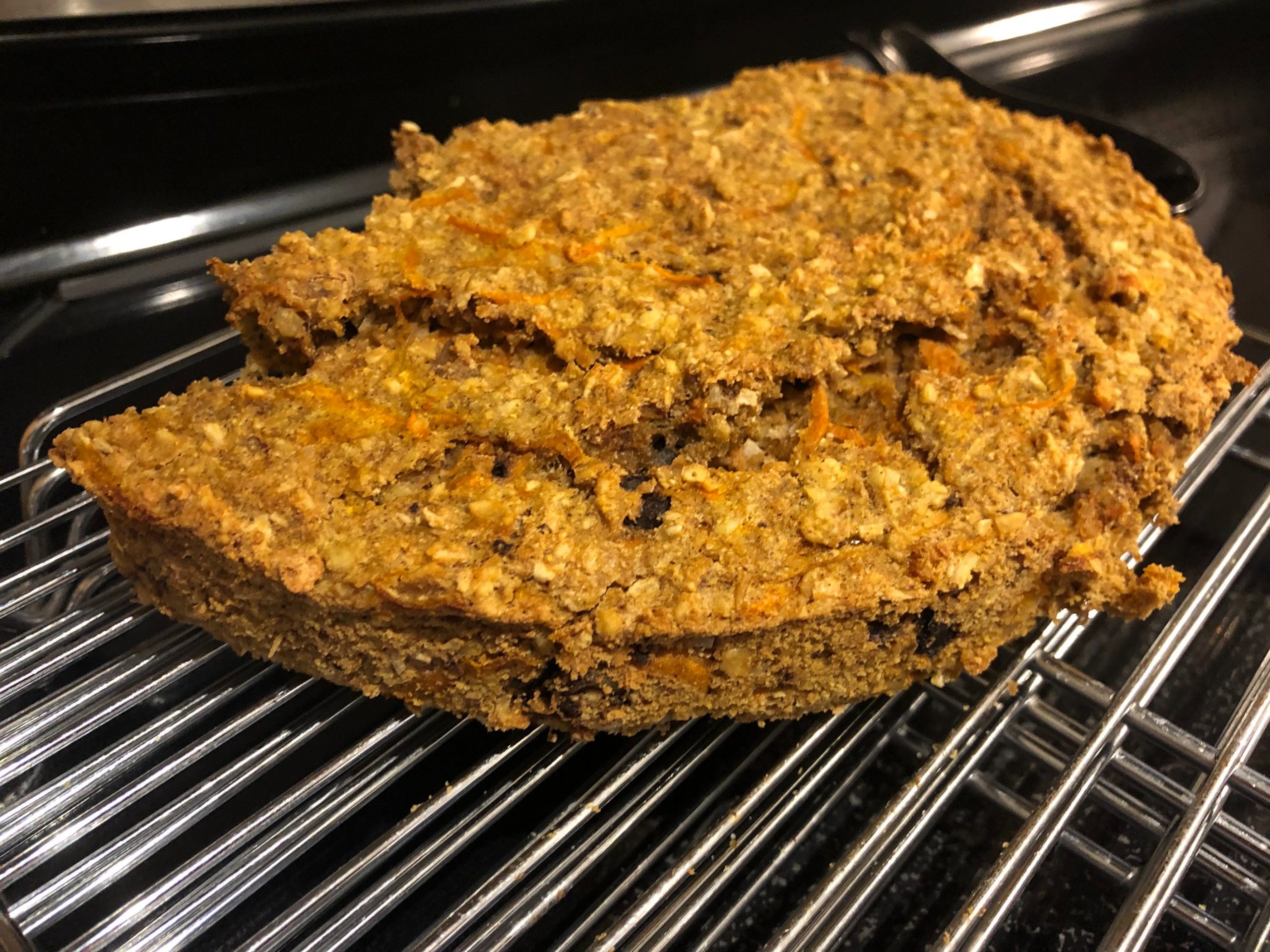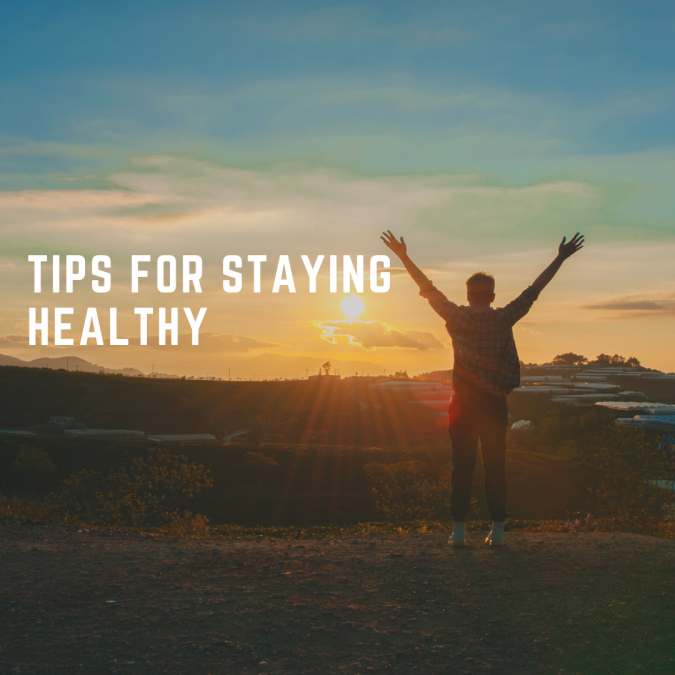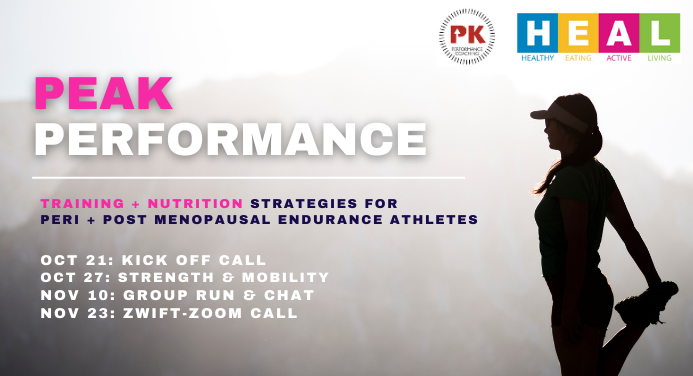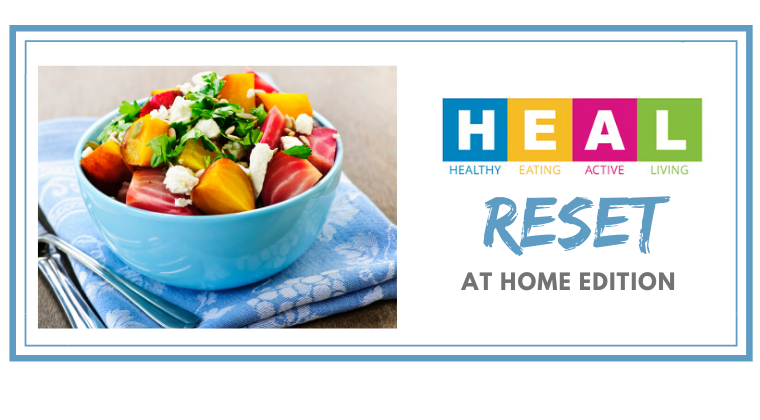
Cooking Outside the Box Podcast
January 22, 2021
Banana Zucchini Oatmeal Bread
February 19, 2021Interestingly, it can be more stressful and challenging for some to figure out how to eat well at home vs the office. It’s important to address both lifestyle and nutrition strategies when addressing the diet because nutrition is intertwined so much with your work, social, training and play. We often have to make over 200 nutritional decisions per day which when you think of it that way it’s easy to see why some people struggle.
12 Tips to improve your health while working from home:
- Go for daily walks. You are probably moving less working from home especially since you aren’t commuting. Set a step goal and try to meet it daily! Having the goal or challenge can also be incentive enough to keep the habit as your body will get a small hit of dopamine by completing the challenge.
- Establish a schedule. We do better with schedule and routine in our lives and if we stick to this it can set us up for success. This means a sleeping schedule, an exercise schedule and you got it, an eating schedule. Write down your meal times and keep this visible so that the kitchen is off limits except for meal time. The body likes routine and you’ll feel a sense of safety in structure.
- Prioritize your sleep. If you have sleep issues or non-optimal sleep then this is a missed opportunity to eat better. If you aren’t sleeping well you won’t eat well. Your need for energy is higher making and this typically results in the consumption for more sugar and stimulants to increase your sense of energy. In a sleep deprived state we make poor decisions, have reduce mental capacity. Its unlikely we will choose broccoli over butter tarts when we are tired. Cognitive skills like learning, skill acquisition, emotional intelligence, decision making, social interactions all decrease with sleep deprivation. Sleep deprived persons experience a 9% increase in speed, reaction time and accuracy. And health status is decreased through increased Inflammation, increased Body Composition (11%), Increase disease risk (CVD, MI, Stroke, dementia), increase infection rate. It’s a long way of saying there is a ripple effect of inadequate sleep .
- As part of your schedule Take regular breaks and go outside – work for 50, break for 10. Getting outside in nature will help reduce cortisol levels in just 15 mins. You’ll boost your cognitive function and feeling of vitality just 45 mins. Short on time? Just 4 mins outside in nature will reduce your facial tension.
- Kitchen is off limits except for meal time! Avoid random snacking. Why? The body needs time for digestion. Unless we are highly active (on our feet all day moving from place to place and training for an ultra endurance event) it’s not ideal to have access to readily available energy.
- Stock your fridge and pantry well. If you have a well stocked fridge and pantry it becomes easy to make healthy, nutritious and tasty meals with ease.
- Plan your meals. Make a menu plan for the week and then make a shopping list before heading out to do your grocery shop. If eating and cooking at home is new to you, this might feel like a challenge. A good example of key nutritious staples are cans of organic beans. You can create a quick chilli or boost a soup or salad with extra protein and healthy complex fibrous carbs.
- Limit treats & Alcohol. If it’s not in the house you can’t access it easily. So keep treats and alcohol out of the house most of the time and that will help you avoid temptation. Its a lot more work to go get something when you don’t really want/need it.
- Prepare a veggie bucket. Before putting your produce away, take and extra few minutes to wash and chop veggies for easy snacks and use later. Put them in an air-tight container and then they are there if you need a quick something to munch on or prepping a quick meal. We often want the easy choice of we are tired and stressed and this allows us to make healthy choices more frequently. Furthermore these good nutrient dense options will help support our immune systems and our brain making us feel better, which will make us more likely to make better choices in the future.
- Stay Hydrated.There is a good chance you aren’t hungry, but are actually thirsty. Have a glass of water or cup of tea and then re-evaluate your desire for food. Adequate hydration is key for a healthy body and allows for the transport of nutrients and elimination of waste products.
- Distract yourself.If you start to feel peckish and it is not time to eat, add some simple quick movement to get you up and out of your chair. This will help boost your feel good hormones and settle that need to snack. Try 20-30s of jumping jacks or burpees.
- Practice Mindfulness. Incorporate some meditation / mindfulness to help reduce stress. Even 5 mins per day will help.




